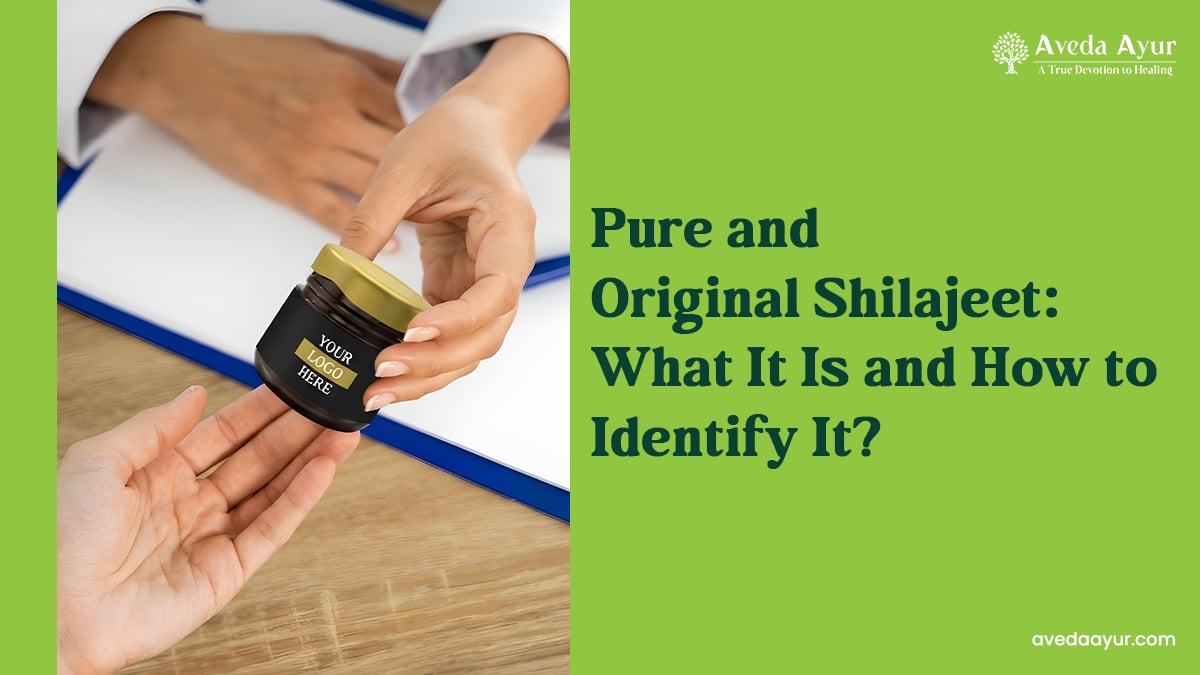Benefits of Garcinia, Overview, Medicinal uses and dosage
Garcinia is an exotic fruit used in various food industries. In Ayurveda books, it is mentioned that it helps in managing weight. It is also known as vrikshamla. Its bitter juice is prepared from its fruit and is widely used in South Africa in summers because of the coolant property. This herb is best known for enhancing absorption because of the thermogenic potency which improves the taste buds, eliminates ama and other toxic compounds build up in the oral cavity. People used it generally in athletic performance, obesity, joint pain, etc. Its fruit is green in color when unripe and only ripe red-colored fruit is used for various medicinal purposes.
- Latin name- Gracinia indica
- Family- Guttiferae
Names in different languages:
- English name – Wild mangosteem, Kokum butter tree, Kokam butter tree, Kokam batten, Red mango, Mate mongosteen, Mangosteen oil tree, Brindonia tallow tree
- Hindi name – Amlaveta, Kokum, Komal, Kokam, Vishambila
- Kashmiri name – Titidika
- Tamil name – Puli, Murgal
- Deccan name – Ratambi, Kokam
- Bombay name – Bhirand, Kokam, Amsul, Katambi
- Bengali name – Mahada
- Kannada name – Murgala, Dhupadamra, Tittidika, Puranpuli, Murgmahali, Huli
- Gujarathi name – Birandel, Ratamba, Kokam, Kokambel
- Tulu name – Puranpuli
- Telugu name – Chinta
- Portuguese name – Brindall
- Konkani name – Birondi, Ratambi, Birondd
- Deccan name – Ratambi, Kokam
- Goa name – Brindoesiro, Brindao, Amsel, Ratainbasel
- Malayalam name – Punampuli
- Marathi name – Katambi, Amosole, Bhirand, Chirand, Ratamba, Kokam
- Kokani name – Birondi, Ratambi, Birondd

This shloka means that synonyms of amlavetas are Amlavetas, Chukra, Shatvedhi, and Shastranuta. It is of amla taste, light, increases digestive power, increases pitta dosha, dry, melts mutton quickly, melts iron, and treats heart diseases, pain, urine related diseases and also treats spleen, hiccups, indigestion, cough, vomiting, kapha, and vata related diseases.
(Reference- Bhavaprakasha Nighantu- Page no- 587 and Shloka no- 144-146 )
Synonyms in the Sanskrit language:
Chukramala, Chudamla, Phalamla, Amlashaka, Amlapoora, Shreshtamla- sour tasting fruit
Raktapooraka- Dried fruit is red and when mixed in water becomes red
Other synonyms are Mahiruha, Chukra, Tittidi phala, Tintideeka, Tittideeka
Categorization according to classical books:
- Charaka samhita- Phala varga (Hrdya)
- Sushruta Samhita- Parukshakadi varga
- Dhanvantari nighantu- Shatapushpadi varga
- Kaiyadeva nighantu- Aushadi varga
- Bhavaprakasha nighantu- Amradi Phalavarga, Chaturamla, Panchamla
- Raha nighantu- Panchamla varga, Pippalyadi varga
Garcinia Classification:
- Family – Guttiferae
- Order – Guttuferales
- Division – Angiospermae
- Subdivision – Dicotylydonae
- Class – Polypetalae
- Sub class – Thalamiflorae
Morphological characteristics:
Garcinia is a moderate-sized evergreen tree and has flowers that are unisexual and axillary. Leaves are dark green in color, elliptic-oval, and are shiny. Its fruit resembles a small pumpkin and has unique purplish color or yellow or red.
It is native to the lower slopes of Neelgiri hills, China, Singapore, Malaysia, Malabar, and various states of India like Kerala and Maharashtra. Tropical rain forests of Western ghats like in Coorg, Goa, North Kanara, Mysore, Wynand. It is also found in Western ghats of India ie., in Andaman and Nicobar Islands
Main chemical constituents:
- Heartwood – Morelloflavone, Cuxanthone, Volkensiflovone, Comboginol
- Fruit – Comboginol, Garcinol, Isogarcinol
- Leaves – L-Leucine
The polyphenols present in it have antibacterial activity.
Rasa (Taste) – Madhura (Sweet) and Amla (Sour)
Medicinal Properties:
- Guna (Qualities) – Guru (Heavy) and Rooksha (Dry)
- Veerya (Potency) – Ushna (Hot)
- Vipaka (Undergoes conversion of taste after digestion) – Amla (Sour)
- Karma (Action) – Unripe fruit – It is Vatahara (Pacifies vata dosha) and Kaphapitta kara (Increases kapha and pitta dosha)
- Ripe fruit – It is kapha vatahara (Balances kapha and vata dosha)
It is penetrating and unctuous.
Part used-
Seed oil, Root bark, Fruit, Tender leaves
Dosage of Garcinia-
- Decoction of root bark – 40 to 80 ml
- Oil of seeds – 3 to 5 drops
- Vrikshamla swarasa – Extract of juice- 5 to 10 ml
- Fruit Syrup – 10 to 20 ml

Garcinia Health benefits
- Works as an anti-inflammatory: Being an anti-inflammatory, it lowers down the inflammation level and treats various diseases like Inflammatory Bowel Disease (IBD) in which there is an increase of inflammation in the GI tract. It also helps to relieve, redness, swelling, and pain because of the analgesic action.
- High cholesterol and triglyceride levels: Garcinia extract helps to reduce cholesterol and triglyceride levels by inhibiting the activity of ATP lyase (the enzyme which increases fat accumulation in the body). It also reduces the accumulation of fat in the intestine, liver, and adipose tissue which prevents them from damaging.
- Acts as a diuretic: Accumulation of water in the body causes edema and garcinia are given those patients who have extra water content in the body which causes edema. Garcinia works as a diuretic by increasing urine output and eliminates it from the body in the form of urine in various diseases related to the urinary system.
- Diabetes mellitus: Garcinia acts as a natural anti-diabetic that maintains the blood sugar level and increases the flow of glucose to cells and muscles of the body. Studies have stated that this herb contains hydroxy citric acid which contains phosphorous and calcium that is obtained from the dried rind of its fruit. Being an anti-oxidant, it helps to reduce the oxidative stress level in the pancreas caused by harmful free radicals.
Garcinia side effects:
Not given in people having pitta and Kapha imbalance but no other side effects are seen. Its juice is given during pregnancy, lactation, and small children.
Garcinia benefits for weight loss:
In today’s modern world, obesity is the main condition that occurs due to different reasons like restricted physical activity. In weight loss, Garcinia plays a major role because of the anti-obesity action. Hydroxy citric acid is an active compound present in it which prevents the process of lipogenesis that converts carbohydrates into fat. Due to this action, it also suppresses appetite and decreases body weight gain. This acid also produces serotonin in the brain which also leads to suppression of appetite and helps in weight loss.
Who should avoid Garcinia?
Fruits of Garcinia have a sour taste and it is not good for people with pitta and Kapha dosha imbalance.
Conclusion:
According to this article, it is concluded that Garcinia can be given during pregnancy, lactation, and small children. But it should be avoided in people having Kapha and pitta dosha disorders.
Note: Our purpose is to serve useful information related to Garcinia‘s benefits, dosage, and other properties. It is advised to the patients not to consume Garcinia on the basis of this information. Before taking Garcinia as a medicine it is better to have an expert opinion because dosage and treatment vary from patient to patient depending on their symptoms and medical history.
Doctor Consultation Online: Get Personalized Consultation
At Life Aveda, we provide personalized online doctor consultations. In this, a doctor discusses the medical history of patients, does the root analysis on causes. After the deep analysis doctor suggest the necessary medication to the patient. To book a Consultation call on us at +91 7743002520 or click on the button to schedule an appointment with our expert doctors.
We Care For Your Health
- 100% PRIVACY PROTECTION
- VERIFIED DOCTORS
- QUICK RESPONSE
More Articles To Read
- Benefits of Boswellia, Overview, Medicinal uses, and dosage
- Benefits of Maca Root, Overview, Medicinal Uses, side effect and dosage










